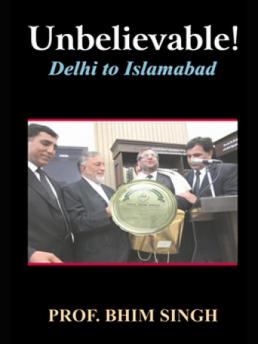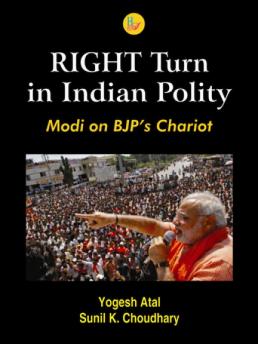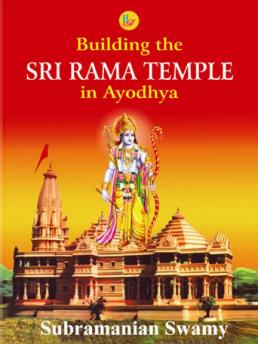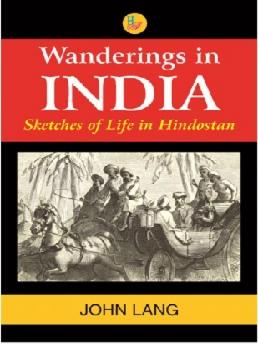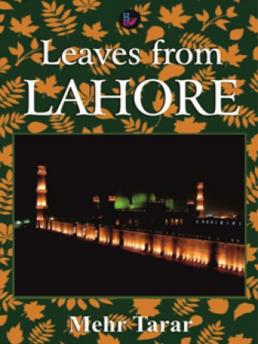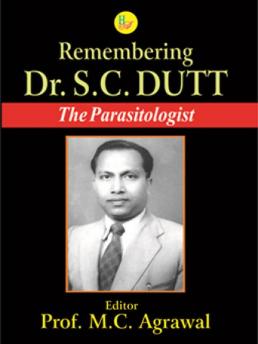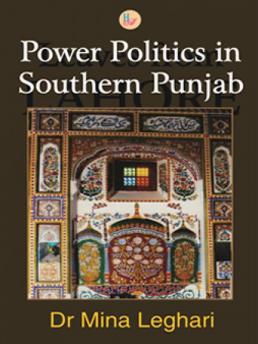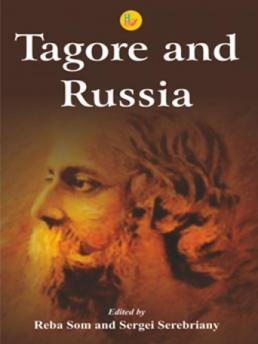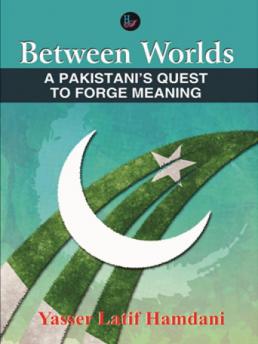Har-Anand Publications
Home
History and Politics
Buddhists Playing with Fire: Political History of Ladakh Post-August 5, 2019
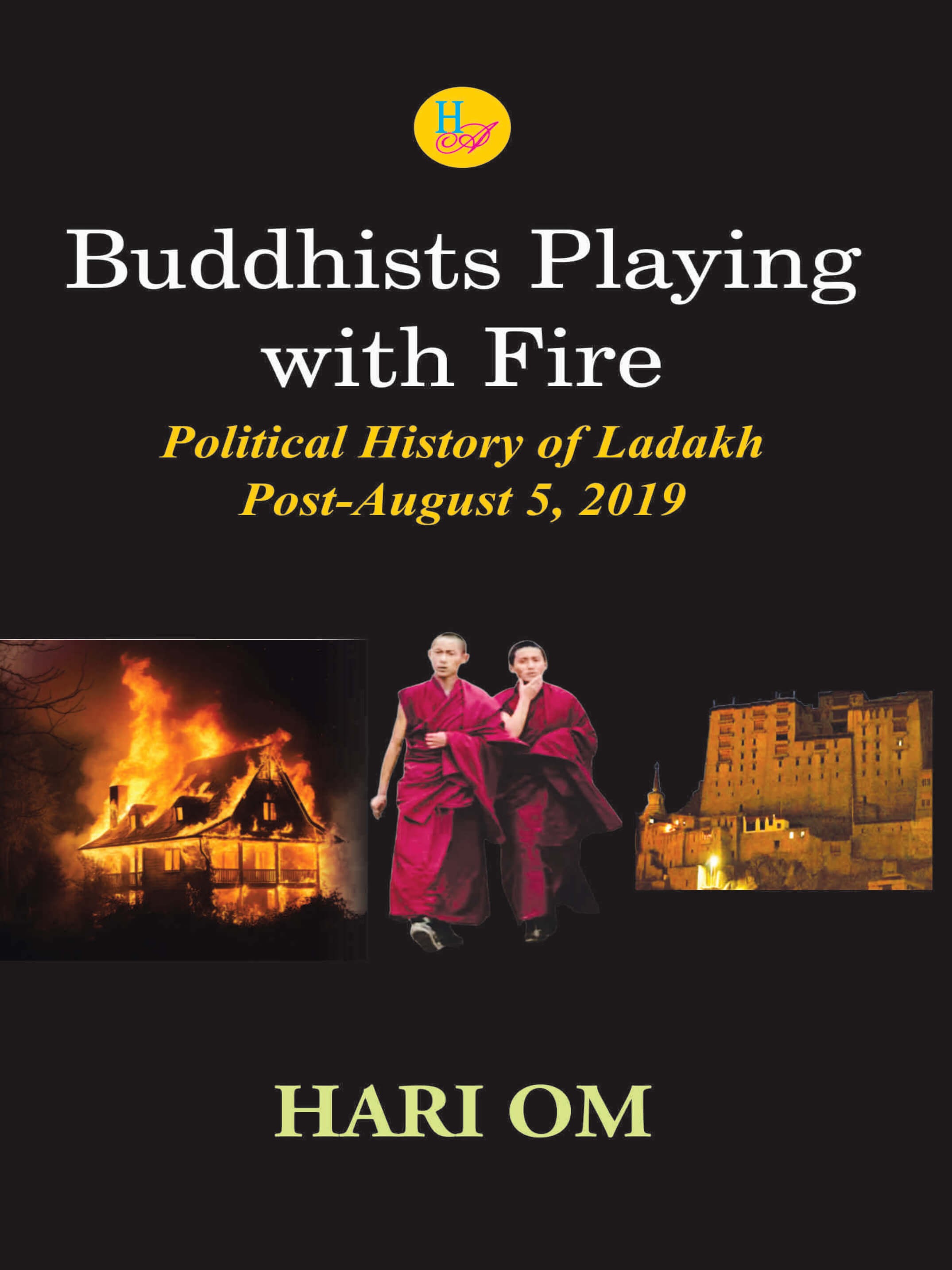

Buddhists Playing with Fire: Political History of Ladakh Post-August 5, 2019
The book—apart from throwing light on the history of Buddhists’ struggle (1947-2019) for separation of trans-Himalayan Ladakh from Kashmir and Central rule for the region—deals with the contradictory and mutually exclusive response the abrogation of Article 370 and reorganisation of Jammu and Kashmir or creation of Union Territory of Jammu and Kashmir and Union Territory of Ladakh on August 5, 2019 out of the erstwhile State evoked in the Buddhist-dominated Leh and Muslim dominated Kargil. Leh celebrated August 5 as a day of thanks-giving and Kargil observed the eventful day as a black day. The sudden and mind-boggling change in the political attitude of the Buddhist leadership in Ladakh in 2020 forms an important part of the book. That year, the non-BJP Buddhist leadership in Leh changed their goal post. So much so, they and the otherwise highly hostile Kargil’s Muslim leadership joined hands to first demand Sixth Schedule of the Indian Constitution so that the Ladakhis could control the entire land and all jobs and then put forth a demand seeking full State status for Ladakh, coupled with an elected Legislative Assembly. The book, in addition, throws light on the parleys between the agitating Ladakhi leadership and Union Home Ministry aimed at restoring peace—parleys which failed to break the impasse. The reason: While the former insisted on Sixth Schedule and statehood status, the Home Ministry said no taking into consideration the region’s geo-political significance. Besides, the book reflects on the immediate results which would follow on the conversion of Union Territory of Ladakh into State of Ladakh and establishment of an elected Legislative Assembly. The results: one, the otherwise powerful institution of Ladakh Autonomous Hill Development Council (LAHDC) would become a story of the past. Two, everything would be controlled by the Shiite-dominated State Government and the Buddhists, who today are a majority in Leh district and play all shots there as well as in Kargil district’s Zanskar tehsil, would lose the political status they enjoy in their own district and in Zanskar tehsil. Since they constitute less than 40 per cent of Ladakh’s population, they will always remain a minority in the Assembly, which discusses and decides questions of supreme importance to the happiness and well-being of the people. That full state status would also negate what the great Buddhist leaders like Chhewang Rigzin and Head Lama of Ladakh, Kushok Bakula Rinpoche, did after 1947 for the Buddhists would be yet another immediate fallout if the Ladakh Union Territory given the status of a full-fledged State. This, and the manner in which opponents of the Narendra Modi Government and certain vested interests tried to fish in the troubled waters, also forms the core of the book. The book also throws light on the political status the Shiite Muslims would enjoy in the State of Ladakh, in the State Government, in the elected Legislative Assembly and in the Civil Secretariat. They would exercise veto power like the Kashmiri Muslim leadership enjoyed veto power between October 1947 and August 2018.
Read MoreAvailability : In Stock
ISBN : 978-81-19798-97-1
Description
The book—apart from throwing light on the history of Buddhists’ struggle (1947-2019) for separation of trans-Himalayan Ladakh from Kashmir and Central rule for the region—deals with the contradictory and mutually exclusive response the abrogation of Article 370 and reorganisation of Jammu and Kashmir or creation of Union Territory of Jammu and Kashmir and Union Territory of Ladakh on August 5, 2019 out of the erstwhile State evoked in the Buddhist-dominated Leh and Muslim dominated Kargil. Leh celebrated August 5 as a day of thanks-giving and Kargil observed the eventful day as a black day. The sudden and mind-boggling change in the political attitude of the Buddhist leadership in Ladakh in 2020 forms an important part of the book. That year, the non-BJP Buddhist leadership in Leh changed their goal post. So much so, they and the otherwise highly hostile Kargil’s Muslim leadership joined hands to first demand Sixth Schedule of the Indian Constitution so that the Ladakhis could control the entire land and all jobs and then put forth a demand seeking full State status for Ladakh, coupled with an elected Legislative Assembly. The book, in addition, throws light on the parleys between the agitating Ladakhi leadership and Union Home Ministry aimed at restoring peace—parleys which failed to break the impasse. The reason: While the former insisted on Sixth Schedule and statehood status, the Home Ministry said no taking into consideration the region’s geo-political significance. Besides, the book reflects on the immediate results which would follow on the conversion of Union Territory of Ladakh into State of Ladakh and establishment of an elected Legislative Assembly. The results: one, the otherwise powerful institution of Ladakh Autonomous Hill Development Council (LAHDC) would become a story of the past. Two, everything would be controlled by the Shiite-dominated State Government and the Buddhists, who today are a majority in Leh district and play all shots there as well as in Kargil district’s Zanskar tehsil, would lose the political status they enjoy in their own district and in Zanskar tehsil. Since they constitute less than 40 per cent of Ladakh’s population, they will always remain a minority in the Assembly, which discusses and decides questions of supreme importance to the happiness and well-being of the people. That full state status would also negate what the great Buddhist leaders like Chhewang Rigzin and Head Lama of Ladakh, Kushok Bakula Rinpoche, did after 1947 for the Buddhists would be yet another immediate fallout if the Ladakh Union Territory given the status of a full-fledged State. This, and the manner in which opponents of the Narendra Modi Government and certain vested interests tried to fish in the troubled waters, also forms the core of the book. The book also throws light on the political status the Shiite Muslims would enjoy in the State of Ladakh, in the State Government, in the elected Legislative Assembly and in the Civil Secretariat. They would exercise veto power like the Kashmiri Muslim leadership enjoyed veto power between October 1947 and August 2018.
Author
Hari Om Hari Om is former Head of Jammu University’s History Department and former Dean of Jammu University’s Faculty of Social Sciences. He also headed Maharaja Gulab Singh Chair in the University of Jammu. Besides, he served the Indian Council of Historical Research for six years. He was also Professor of History in the NCERT and co-authored Contemporary India, a textbook for the class IX students. He has authored Buddhists Playing With Fire: Political History of Ladakh Post-August 5, 2019; Abrogation of Article 370: Supreme Court’s Landmark Judgement; The 1998 Jammu revolt: How Farooq Abdullah saved his government; Nation Betrayed: Essays on Contemporary Jammu and Kashmir; Administration of Justice in Jammu and Kashmir; Muslims of Jammu and Kashmir; Jammu Kashmir Ladakh: Different Political Terrains; Debacle in Kashmir; Beyond the Kashmir Valley; and Jammu and Kashmir: Conflicting perceptions; co-edited Politics of autonomy in Jammu and Kashmir and Burning issues in Jammu and Kashmir, and co-authored Social justice of Dr B R Ambedkar.
Book Details |
|
|---|---|
| Author | Hari Om |
| ISBN | 978-81-19798-97-1 |
| Subject | History and Politics |
| Number of Pages | 264 |
| Weight | 410 |
| Publisher | HAR-ANAND PUBLICATIONS PVT LTD |
| Publication Year | 2024 |
| Language | English |
| Binding | Hardback |
